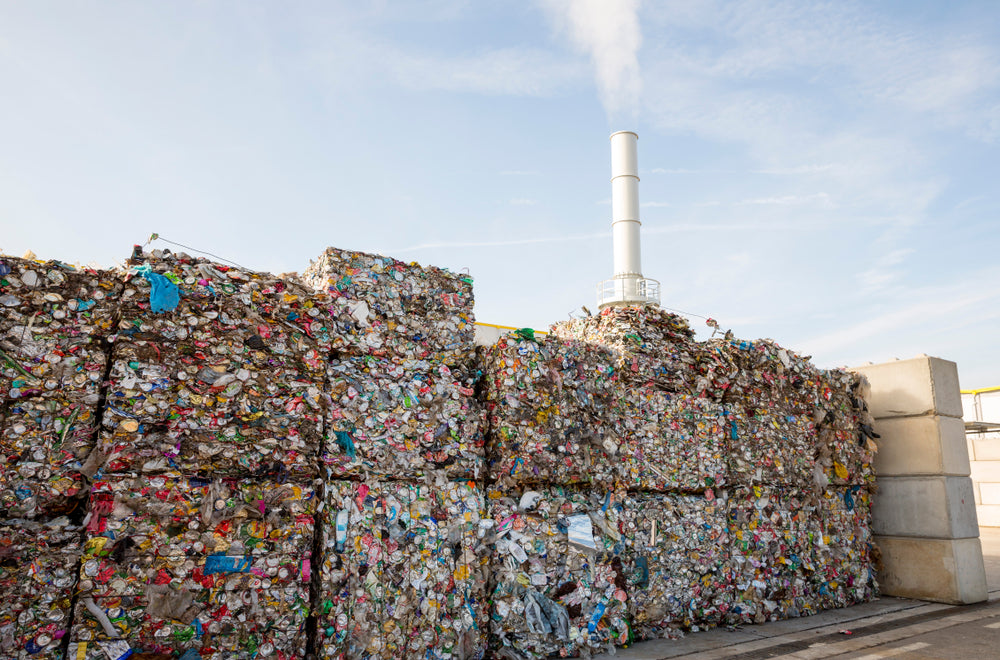Climate change is a pressing global issue, and its complexities are exacerbated by various factors. One often overlooked contributor is solid waste, which has a significant impact on our planet's climate. In this blog, we will delve into the alarming statistics that reveal how improper management and disposal of solid waste play a pivotal role in exacerbating climate change.
Growing Global Waste Generation:
According to the World Bank, global waste generation is on an upward trajectory, with an estimated 2.01 billion metric tons produced annually. If this trend continues, the amount of waste generated is expected to increase substantially in the coming years.Greenhouse Gas Emissions:
Solid waste contributes to climate change through the emission of greenhouse gases (GHGs). Landfills, where a significant portion of waste is disposed of, emit methane, a potent GHG that is approximately 28-36 times more effective at trapping heat than carbon dioxide over a 100-year period (EPA). The decomposition of organic matter in landfills is a major source of methane emissions.
Waste Incineration:
Incineration of waste is another problematic method of waste disposal, releasing CO2 and other pollutants into the atmosphere. The combustion process in waste-to-energy plants emits CO2, although at a lower rate than coal-fired power plants.
Transportation Emissions:
Transporting and collecting waste from different locations significantly contribute to carbon emissions. The fuel consumption and exhaust emissions from waste collection trucks and transportation add to the overall carbon footprint.
Deforestation and Resource Extraction:
The production of goods and materials from raw resources contributes to deforestation and resource extraction, leading to increased CO2 emissions and loss of vital carbon sinks.
Impact on Marine Ecosystems:
Marine pollution from solid waste, especially plastic, leads to environmental damage and disrupts the balance of marine ecosystems. Plastic pollution indirectly affects climate change by damaging habitats critical for carbon sequestration, such as mangroves and seagrass beds.
Recycling Potential and Emission Reduction:
Encouraging recycling and waste reduction initiatives play a vital role in mitigating climate change. According to the EPA, recycling one ton of paper can save up to 3,900 kWh of energy and reduce GHG emissions by approximately one metric ton of carbon equivalent.
Conclusion:
The statistics are undeniable; solid waste significantly contributes to climate change and its associated environmental challenges. As the world continues to produce increasing amounts of waste, it is crucial to adopt sustainable waste management practices, reduce waste generation, promote recycling, and invest in cleaner technologies to minimize the impact on our planet. The collective efforts of individuals, businesses, and governments can lead to a more sustainable future and help mitigate the devastating effects of climate change caused by solid waste.





